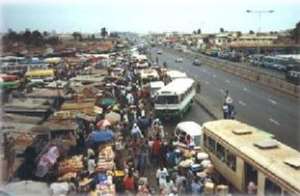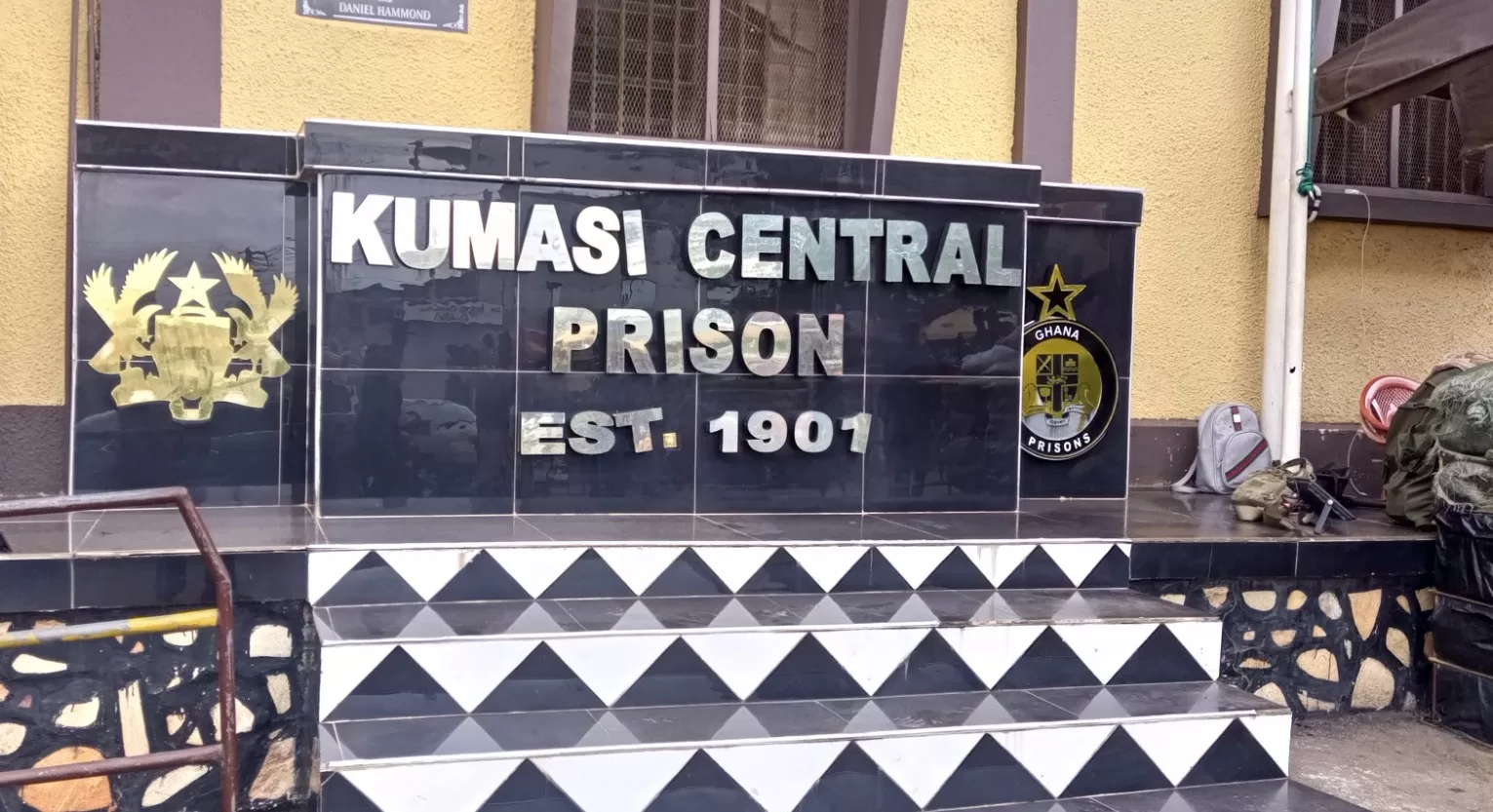
Greater Accra region, the gateway to Ghana and home of a bustling and vibrant city has in the past years been in the media lenses for all the wrong reasons and has hence received all the negative publicity. In spite of all its woes like the heavy traffic situation, Accra remains unarguably one of the most distinctive and exciting regions in the country.
With its coastline stretching from kokrobite in the west to Ada in the east, Accra occupies a total land surface area of about 3.245square kilometers and falls within the dry coastal equatorial climate zones. History has it that, prior to it being the capital; early settlers were Guans who were ruled by Nii Ayi Kushi in the sixteenth century (Ward, E.W.1953).
Gas form the largest single sub-ethnic groupings and are known to have migrated from somewhere Yoruba. In 1960, Greater Accra then referred to as Accra capital district was geographically and legally part of the eastern region however, in July 1982, Greater Accra was made a separate region (by P.N.D.C.L 26).
Today, the region is fast developing into an economic hub and plays host to various international events; hence reflecting its transition in 1877 from the suburb of Victoriasborg, cape coast to an ultra-modern metropolis. Among some of the major highlight is the national museum with its splendid display of exhibits that reflects the heritage of Ghana from pre historic times to modern times and the Kotoka international airport located about twelve kilometers from the center of the city.
The beaches of the Atlantic coast are popular with visitors and Ghanaians alike. Along the coast is the estuary of the great river Volta. Fine beaches of the estuary and the Atlantic coast provide popular resort areas. Bounded on the south by the gulf of Guinea, the capital town is blessed with natural resources, granite.
With its high population growth of about 4,010,054, Accra is administered by two different but complementary levels: political and Traditional levels. Traditionally, the region is administered through the local government system which deals entirely with customs and land administration; the political level on the other hand deals with law and order and runs on decentralized government machinery. The capital is endowed with five (5) districts thus: Accra Metropolitan Area, Tema municipal area, Ga east district, Dangme west district and Dangme east district.
Each of these districts is administered by a chief executive who represents the central government. Due to the growing nature of the capital, major market centers like Agbogbloshie and kaneshie markets are inundated with bustling activity as traders confidently display their wares whiles calling for various terms of endearment at a uniformed price. Of course, it is a pleasant site to behold, as market women interact and help each other sell. 0n eavesdropping, one would hear a conversation about a popular television soap-opera or politics among these women. Again in Accra, there is no specific job for one gender group; thus giving credence to the popular cliché: “what man can do women can do better”. Women drive taxi's just as their male counterparts. This notwithstanding, most market centers have credit unions and other welfare organization; thus displaying a high sense of unity.
One major occupational activity is transport operation. It appears the influx of people into the city is a testimony to the fact that, transport service operation is a booming business with private operators leading the park. The streets of the capital are lined-up with fleets of first-class double-decker buses. The state-run transport operator, STC, is gradually warming itself into business after a long period of non-operation. Although fishing is a primary production of the economic sector, it employs a little above 58 per cent of the labor force; yet it is supposed to be a major income earner pair-trawling, fishing with light among other disturbing activities have accounted for low catch.
About 77.8 per cent of sea food produced, comes places close to the shores of James town, La, Teshie, Nugua and Chorkor. Meanwhile, about 114,198 labor force of the region remains unemployed pushing the notch of unemployment to 12.2 per cent. Economic expert say, the figure is likely to rise if governments do not create more jobs and the status-quo of unreformed university courses to tailor what the job market demands persist.
The Mallam-atta market is engulfed with young girls with babies strapped behind them whiles carrying heavy load on their basins in a scorching sun; as if to add salt to injury, the housing conditions in the capital leaves much to be desired as about 78 per cent of people are homeless and are often seen lying in front of shops when night falls making young girls susceptible to dangers like rape. This notwithstanding, most houses don't have toilet facilities hence making waste disposal methods for both solid and liquid waste points to high level of unsanitary conditions.
Again, as the raining season approaches, the growing urbanization and its resultant impact of increased surface water run-off and flooding in low-lying areas like Dansoman-Sukura-Chorkor Corridor and the Odaw-Awudome area testifies to the inadequate drainage and under designed culvert capacity hence posing social and health hazards in these areas. Meanwhile, safety in the capital is much improving as there are visible presences of the police everywhere.
Adjei, Frank
P.O.Box12793,
Accra-North.
E-Mail: [email protected]
0242136318/0507685085.




 Let’s regularise offices of First and Second Ladies – Martin Kpebu
Let’s regularise offices of First and Second Ladies – Martin Kpebu
 GRA-SML deal: KPMG’s selection an illegality, unprofessional behaviour – Domelev...
GRA-SML deal: KPMG’s selection an illegality, unprofessional behaviour – Domelev...
 Prof Jane Naana can’t point to any notable achievement – Eric Twum
Prof Jane Naana can’t point to any notable achievement – Eric Twum
 Pointing out the ills of NPP government not enough; tell us what you can do — Mi...
Pointing out the ills of NPP government not enough; tell us what you can do — Mi...
 April 27: Cedi sells at GHS13.78 to $1, GHS13.18 on BoG interbank
April 27: Cedi sells at GHS13.78 to $1, GHS13.18 on BoG interbank
 Worry about the furniture problem in basic schools; not how to paint schools in ...
Worry about the furniture problem in basic schools; not how to paint schools in ...
 Ramaphosa lauds ANC record as S.Africa celebrates democracy
Ramaphosa lauds ANC record as S.Africa celebrates democracy
 Ghana needs new counter-terrorism Act to tackle radicalised youth – CISA
Ghana needs new counter-terrorism Act to tackle radicalised youth – CISA
 Kumasi Central Prison triple its capacity to 1800 inmates
Kumasi Central Prison triple its capacity to 1800 inmates
 By-election: Ejisu is destined for NPP – Ahiagbah
By-election: Ejisu is destined for NPP – Ahiagbah
